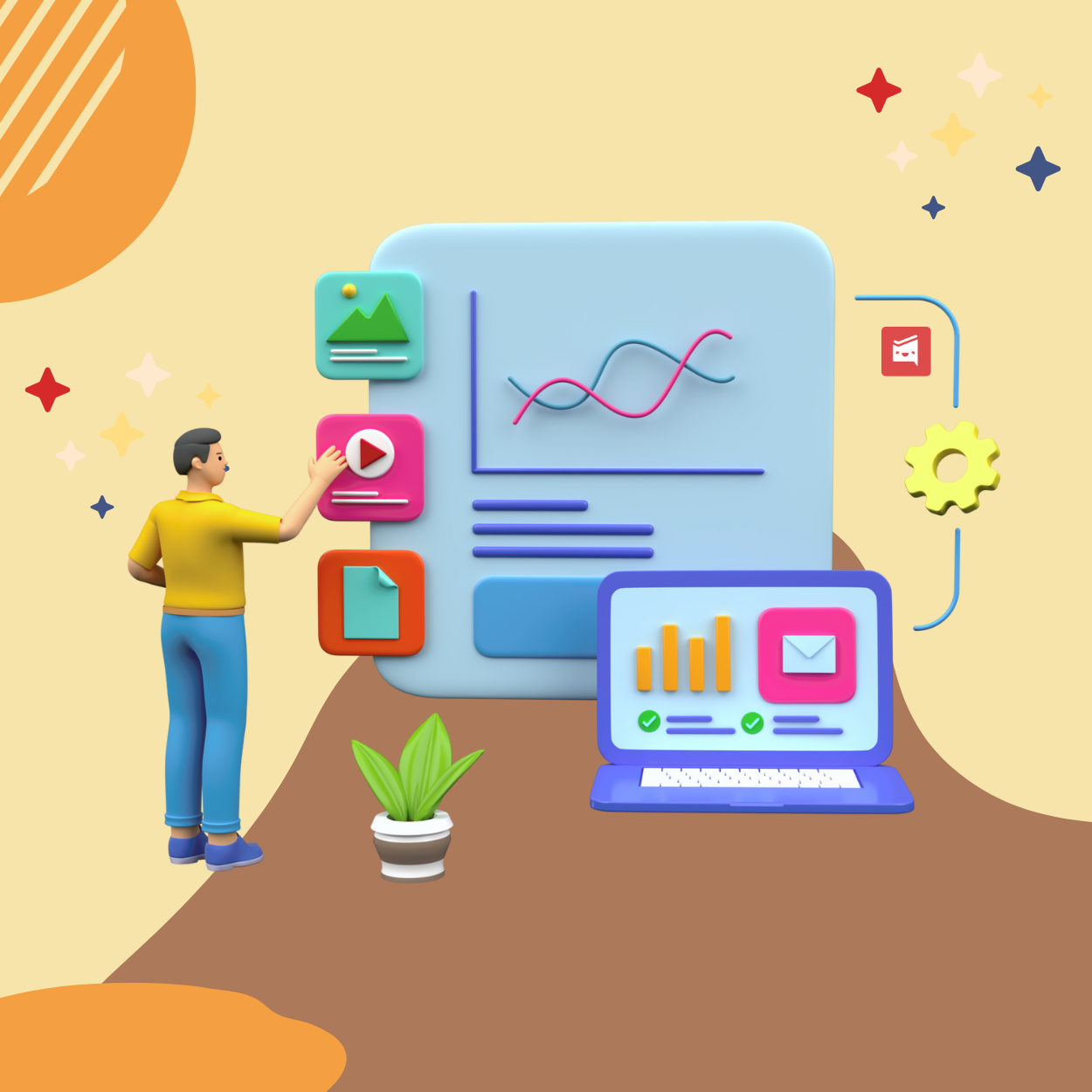5 Things Every Small Business Should Automate
BySarah Harris
Sarah Harris takes care of the customer support requests at Workast. She is also an avid writer.

Sarah Harris takes care of the customer support requests at Workast. She is also an avid writer.
Many small business owners and early-stage entrepreneurs wish that a day could last more than 24 hours. The primary reason for such a peculiar request is that they often have to handle multiple tasks at once. This lifestyle leaves its mark on their physical and mental health. A complete lack of any semblance of work-life balance inevitably leads to the loss of productivity and may even result in burnout.
Consequently, implementing business automation solutions whenever possible is more of a necessity rather than an excess. According to the business process automation statistics, 67% of companies already use business process automation solutions that improve end-to-end visibility across different systems.
Still, it is critical to focus on those types of automation that can be implemented seamlessly and free up more time for creative and more nuanced tasks. For example, while there are accurate, AI-based translators, relying solely on these translators when adapting culturally appropriate communication techniques and navigating subtle differences between languages may be inefficient.
Here are several essential things every small business should automate first, along with a list of handy tools to do so:
Data analytics is the process of collecting, analyzing, and interpreting data to extract valuable insights that can help firms make better business decisions. For instance, by analyzing available data about its current customer base a company can get a better understanding of its target market.
Data analytics automation tools help organizations collect and organize data from different sources, such as a company’s website, social media platforms, and customer surveys. These tools play a significant role in analyzing the data, eliminating costly human errors and extracting valuable insights in the process.
All of these advantages can help improve a company's marketing and sales strategies, business continuity planning, product offerings, and overall business operations. Some of the most reliable data analytics software solutions on the market include Google Analytics, Tableau, and Microsoft Power BI.
A CRM system is designed to manage interactions with current and potential customers. It is a centralized platform offering businesses an overview of their customer base, including their purchase histories, contact information, and other relevant data.
A CRM system automates and streamlines customer relationship management processes, making it easier and faster to track leads, manage sales opportunities, and close deals. It also helps companies better understand their customers’ needs and preferences, allowing them to tailor their marketing and sales strategies accordingly.
There are many CRM solutions on the market, but some of the most popular ones include Salesforce, HubSpot, Zoho, and Pipedrive. Most of them offer 2-3 weeks of a free trial, making them more affordable for small businesses with limited budgets.
Customer service is one of the critical parts of running a business. As a result, companies are constantly on the lookout for new ways to provide their clients with extraordinary customer support. But, dealing with every customer’s urgent request right away can be time- and energy-consuming. That’s when customer service automation comes in handy.
Customer service automation tools can save businesses a lot of time and effort by automating repetitive tasks, such as responding to customer inquiries and complaints, resolving customer issues, and managing customer support requests.
These tools can also help business owners better track their customer service performance and KPIs through built-in reporting features, making identifying weak spots and implementing necessary changes a breeze.
Some of the most popular customer service automation software tools are Zendesk, Freshdesk, and LiveAgent. With their help, every enterprise can improve their customer service and keep their clients happy.
Another crucial aspect of running a small business is managing its finances. For many organizations, this is the most time-consuming and tedious task, especially if a company is still using paper-based methods or spreadsheets.
By automating accounting and invoicing processes, businesses can make tracking finances, generating invoices, and managing their financial data much more manageable. Moreover, it can help them better understand their current situation by providing insightful reports and dashboards.
The most valuable accounting automation software solutions include QuickBooks, FreshBooks, Xero, and Wave Accounting. Automating at least a few invoicing and accounting processes can be a significant boost for a company’s productivity.
Marketing automation refers to the use of software to automate marketing tasks and processes, such as email marketing, social media campaigns, targeted ads, and lead generation. It has already helped numerous companies make their marketing campaigns more cost-efficient by taking on repetitive tasks.
Tasks that companies can automate range from sending out welcome emails to new subscribers to adding new posts on social media platforms. Some firms also use this software to track the performance of their marketing campaigns, allowing them to allocate their resources more efficiently.
Some of the most popular all-in-one marketing automation platforms include Marketo, Omnisend, and Oracle Eloqua Marketing Automation. Still there are many more solutions out there, so every entrepreneur should have no issues finding something suitable for their needs.
Automating various business tasks and processes can save companies a lot of time. It allows them to focus on more critical and creative things, freeing up human resources and increasing productivity.
Nevertheless, it is vital to remember that not all tasks and processes can or should be automated. In some cases, it is best to leave things in the hands of the experts. This way, business owners can rest assured every task will be completed with attention to detail.
When it comes to deciding which operations to automate first, businesses should consider their specific needs and goals. In general, the five areas mentioned above — CRM, marketing, customer service, accounting, and data analytics — are a good place to start.